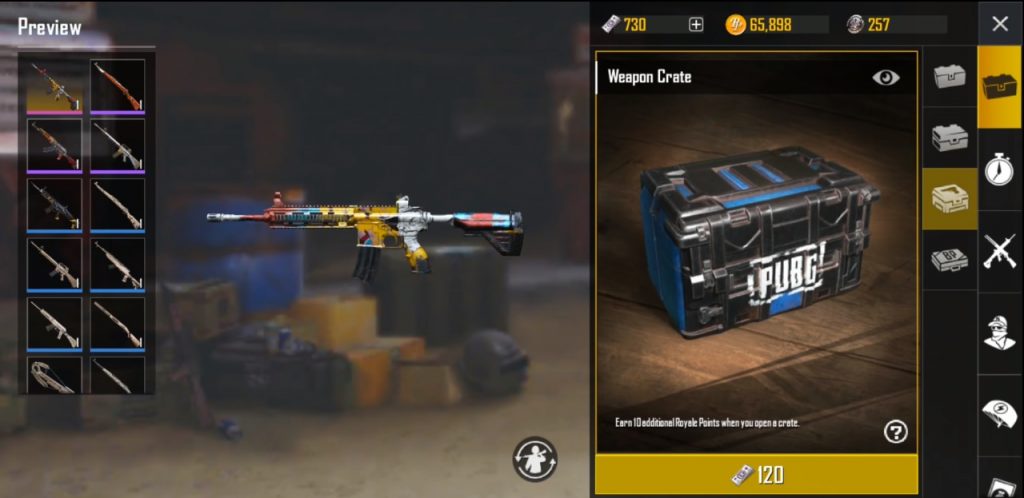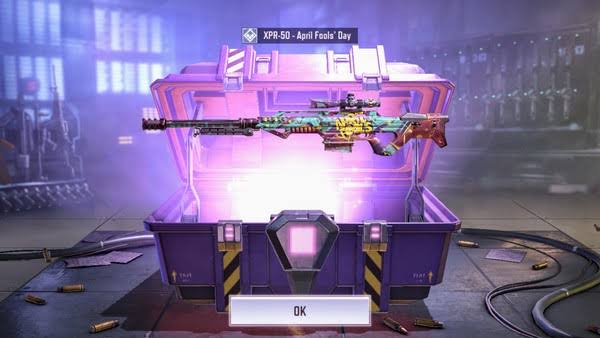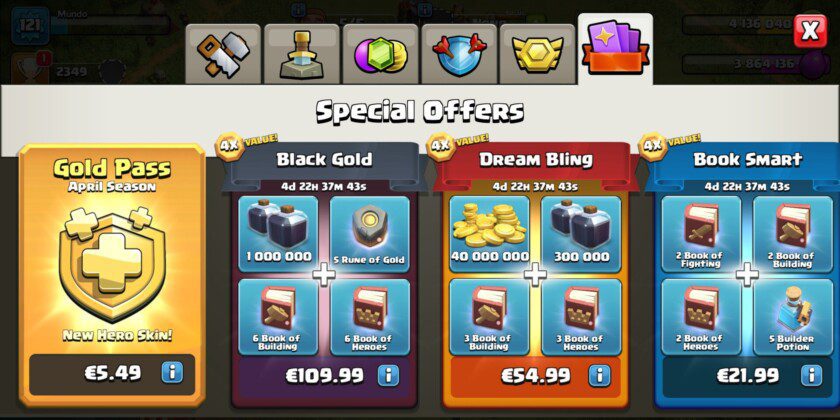Around a decade and a half ago, game developers slowly started imposing a new form of monetization technique to boost their revenue. Instead of releasing a fully made game for an amount of price, developers started selling downloadable content, often in the form of in-game items. These items were constantly made available after regular intervals of time. Some were free, while others required money. These items, often bundled together, eventually formed the concept of loot boxes. These would go on to be a phenomenal part of the gaming industry. However, due to the nature of the content and availability of loot boxes, many have raised concerns as to whether loot boxes in mobile games are a form of gambling, a practice that is not allowed in many regions of the world.
What are Loot Boxes in mobile games?
To keep things simple, consider a loot box as a small bundle or box which contains one or more items that can be used in a game. Many games might give you a loot box at random moments after you play for a certain amount of time, some require you to buy them. When it comes to buying, you can buy loot boxes either of the following ways.

Some games offer you virtual currency after you play for a specific amount of time or complete certain tasks in a game. You can use that currency to buy a loot box or individual cosmetic items within that game. Alternatively, many games require you to use real money. Now depending on the game, you can either directly make the payment, or you may have to buy in-game currency. This is done using real money and then using that in-game currency to buy whatever you want.
Why are Loot Boxes in mobile games considered equal to gambling?
You may wonder, why loot boxes are considered a form of gambling by the media, as well as gamers across the world. From what you have read until this point, it may seem like a simple monetization method. But as you venture deep, you’ll realize that there’s a lot more to it than it seems.
Loot boxes can be informally categorized into two types – cosmetics, and paywalls. Cosmetic items include things that do not have any direct effect on gameplay. These items are strictly used for the player’s own satisfaction since many players want their characters and their weapons to look cool. Examples of such items consist primarily of weapon skins, player avatars, emotes, player character accessories, and more. The most popular games using such a loot box system would be PUBG Mobile, Call of Duty Mobile, Mobile Legends, Fortnite, etc.

On the other hand, items that fall into the paywall category have direct effects on gameplay. These items include resources such as in-game gears, weapons, and other items that enhance your character’s abilities which will provide the user with a significant advantage. Such items, if not bought with money, will require several hours of playtime, otherwise known as grinding. This practice by many game developers is highly criticized by players as they are often at a disadvantage against other players who leveled up their stats by paying money. Examples include Lords Mobile, Rise of Kingdoms, and many more. There are some single-player games like Candy Crush which follow a similar practice but generally go unnoticed. However, in multiplayer games, paywalls pose a big problem and thus, there is generally a considerable amount of community backlash.

In many cases, players know exactly what they are paying for, especially when it comes to individual items. However, things are not the same for loot boxes. Players may not know what is inside the loot box. There lies a chance that you buy a loot box or a key, and receive an item that has even less value than what you paid for. Chances of receiving a rare or expensive item may be as low as 0.1%. And since these factors are not explicitly mentioned by the game developers, players may end up spending huge sums of money with the intention of receiving a rare item. People with gambling habits who are unaware of the consequences may end up suffering from financial losses.
Conclusion
Loot boxes have been totally or partially banned in some countries, and are regulated in many. Lately, governments across the world have slowly started looking into this matter. Laws have been passed as well with regard to such practices.
But do we really consider loot boxes in mobile games as a form of gambling? Since a binary answer might result in misinterpretation by the readers, let us explain it in a descriptive but brief manner. Taking part in simple microtransactions, which is clearly visible to the players are not to be considered as gambling. However, purchasing loot boxes whose contents are not known to the players, does indeed fall under gambling. Items you will receive from a loot box is based on pure luck. This can result in either profit or loss. Therefore, even if a government does not completely ban loot boxes, it should be considered as a form of gambling and needs to be regulated for the welfare of its citizens.
Do you consider loot boxes in mobile games a form of gambling? Drop your opinions in the comments section below.
Make sure to follow GamingonPhone on Twitter and Instagram for more gaming news. And if you are looking for a group of mobile gamers to hang out, jump into our Discord server today.



